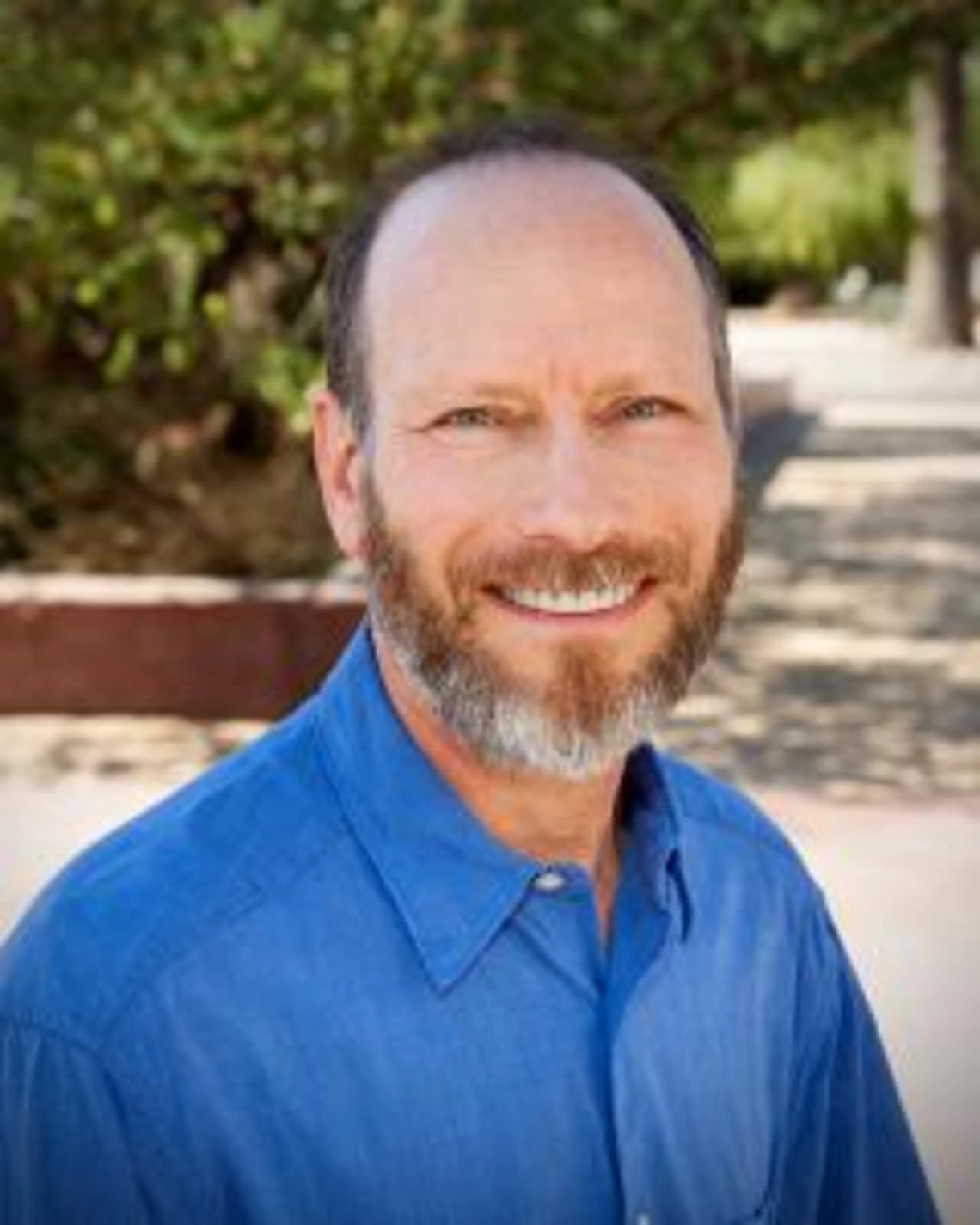UA Scientists Give Comments on Pima County Climate Change Resolution

SNRE faculty members, Don Falk and Gregg Garfin, along with Ecology and Evolutionary Biology Professor Scott Saleska, and College of Law Professor Kirsten Engel provided their perspectives on a climate change resolution at the June 6, 2017 meeting of the Pima County Board of Supervisors. Resolution No. 2017-39, Reaffirming Pima County?s Commitment and Efforts to Address Climate Change, supports the central aim of the 2015 agreement of the Convening of the Parties (COP, Paris, France), by keeping global temperature increases below 2°C. The Resolution acknowledges the abundant biodiversity in the Sonoran Desert region, and the risks to which Pima County?s biodiversity, ecosystems, tourism, recreation, air quality, food production, human health, and economy are exposed through continued human-caused climate changes. The Resolution also notes the progress made by Pima County to reduce emissions, conserve wildlife and natural resources, and progress in planning documents, such as Pima Prospers, to mitigate and adapt to ongoing and projected climate changes.
In his statement, Falk stated that warming temperatures ?greatly accelerate fire behavior, leading to severe impacts on forests, woodlands, and watersheds. Climate extremes also significantly retard post-fire recovery, which means that following fire, tens of thousands of acres of critical ecosystem area is compromised and prone to erosion and invasion by non-native species.? He also noted the economic potential, for Pima County, that climate change presents, stating ?Pima County can lead the way by investing in a regional light rail system starting now to reduce our dependence on fossil-fueled transportation, and offering incentives to investors to build a solar economy, right here in our backyard.?
Garfin noted the increase in evidence of the adverse effects of climate change in the Southwest, and the increase in evidence of reduced impacts to the economy, labor productivity, public health and ecosystems if society takes action to reduce human-caused emissions of heat-trapping gases to our atmosphere. He acknowledged that the ?Resolution keeps us going in a direction to reduce adverse risks.? Garfin also read a prepared statement by Regents Professor Diana Liverman, who was unable to attend, because she was in the United Kingdom, working as a lead author on a forthcoming report of the Intergovernmental Panel on Climate Change on how society can limit warming to 1.5°C. She stated that her ?own research has shown how such changes would be particularly harmful to our most vulnerable residents including the poor, elderly, and children and could affect our food security and air conditioning costs.? Liverman and Falk attended the 2015 COP in Paris.
The Board of Supervisors passed the Resolution, by a 3-2 vote, on Tuesday.

